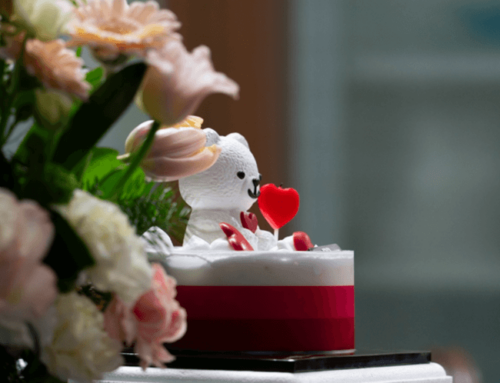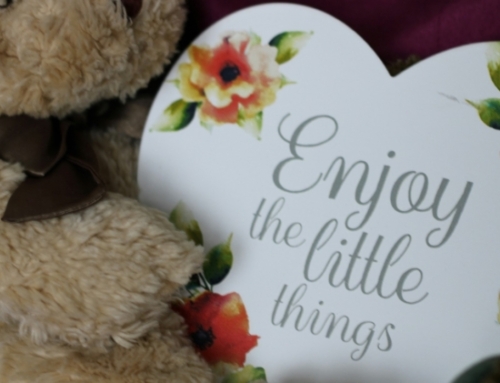Sometimes, maintaining a healthy relationship can seem more like a full time job than sharing your life with a partner. The need to tread carefully between independence and vulnerability. The need for reassurance. The need to display constant gratitude. Let’s face it, it can seem emotionally exhausting at times. But rewardingly so. At least when we don’t manage to mess things up too badly. Which can be more often than not. There’s no secret recipe to a healthy relationship. No magic formula and no special talent. More frequently, it seems to come out of sheer luck and an even more elusive quality—pure chemistry. But a healthy relationship can be nurtured and fostered, even if chemistry can’t. And that development requires attention, work and mindfulness. So much so that many people consciously avoid considering the effort required. If you’re looking for the keys to a healthy relationship, here are five you need to be aware of.
Abolish Fear, Establish Trust
Fear is one of the most draining and demanding emotions we possess. It not only affects our quality of life, it can prevent us from living up to our true potential. And nowhere is it more pervasive than in a relationship.
Building trust with a partner doesn’t happen overnight. But if you want to develop a healthy relationship, you need to let go of toxic emotions that limit you and replace them with more productive ones. Establishing trust is a bold step for many people, and it requires both bravery and confidence. But it’s also a critical step towards your development as a partner—and a person.
The Right Amount Of Space At The Right Time
Space can be a tricky thing to master. Too much, and you’ll only grow cold and distant. Too little and you run the risk of suffocating. But it’s crucial if you wish to maintain both a healthy sense of affection and a healthy independence.
It’s important to remember that both of you will have your own reasons for personal space. And that it’s not a separation or a cooling off, but a time for reflection—a recharging of your respective emotional batteries. Space can be a positive thing, and it’s important to grant it as much to your partner as you’d like it to be granted to yourself.
Communication Means Listening
Too often, we assume that communication is a one way street based solely on our own justifications. And all too often, we fail to hear the voice of our partner over our own.
Communication demands three things of people: honesty, self assessment and an open mind. When we shut out a partner because we simply don’t want to hear what they’re saying, neither open mindedness or honesty gain from the act. And self assessment can only come about with an open mind and honesty. Don’t be afraid to stand your ground—but don’t be so close minded that you refuse to take uncomfortable advice to heart. Truth is frequently inconvenient.
Quality Time Means Quality Time
Not necessarily more time, but more productive time. This means minimizing distractions and focusing on your partner’s needs and feelings. How can you nurture them? Support them? What are their fears? Their hopes and dreams? How can you enable them to grow?
These aren’t necessarily easy things to confront. They rely on deep self examination. But in the end they’re a hundred times more valuable than a night of “Netflix and chilling.”
Spontaneity Is Your Secret Weapon—Embrace It
It’s far too easy to expect the expected from a relationship. And while a routine can be perfectly healthy, it can also dull the romance and prevent you from discovering something new about your partner. And pretty soon, that sense of boredom’s going to become a nagging itch you simply can’t escape.
Don’t fall prey to monotony and predictability. Your relationship should be an adventure, not a security blanket. At least once a week, take a trip somewhere out of the ordinary. Try new restaurants. New activities. Engage with your partner in meaningful ways. Make the most of your relationship. Don’t make it mundane. Make it extraordinary.







[…] be two years from now. But if you need to ask whether you’re ready, the answer is likely no. Dating requires a lot of emotional effort, and it’s not always the wisest choice to juggle a relationship with a guy and a relationship […]
[…] Communication is another key factor in how to build trust in a marriage. Talking frequently with your spouse, not just about everyday logistics but about your feelings too, can create implicit trust and strengthen your bond. […]
[…] conclusion, Slavic women are the most datable and the most marriageable women in the […]